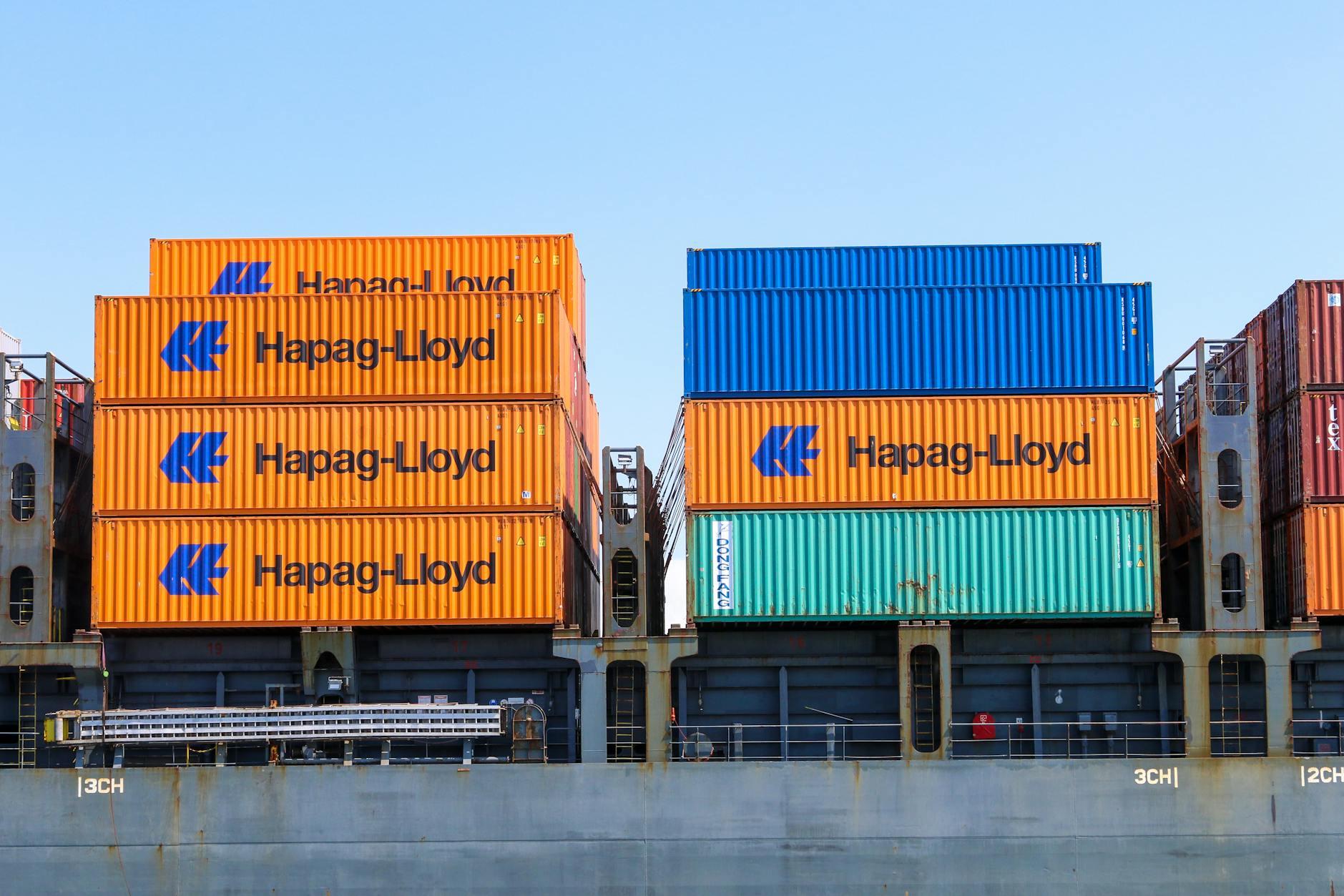
What is the difference between import and export operation rights and agency qualifications?
According to the detailed implementation rules of the latest "Foreign Trade Law" in 2025,Self-operated import and export rightswithAgency qualificationsThere is an essential difference:
- Self-operated import and export rights: Essential qualifications for enterprises to directly engage in import and export business, requiring registration with customs, the foreign exchange administration, and the electronic port.
- Agency Qualification: The eligibility for a professional foreign trade company to provide agency services to other enterprises, which requires meeting the following special conditions:
- The registered capital shall not be less than RMB 3 million (for cross-border e-commerce enterprises, the requirement may be relaxed to RMB 1.5 million).
- Possess more than 3 certified personnel.customs clearancepersonnel
- Passing the AEO General Certification by Customs
What materials are required for the 2025 agency qualification application?
Based on our experience in handling cases for Fortune 500 clients, the latest requirements for 2025 include:
- Basic materials:
- Duplicate of Business License (must include business scope such as "Import and Export of Goods" or "Customs Declaration Agency")
- Legal Person Identity Certificate and Customs Registration Form
- Professional Qualification Certification:
- Customs Declaration Practitioner Qualification Certificate (minimum 3 persons)
- ISO9001 Quality Management System Certification
- Acceptance Report for Import and Export Business Management System
- Special Note: Additional items will be added starting from November 2024.New Regulations from the General Administration of CustomsThe agent company is required to provide a supply chain security commitment letter.
How long does it take to process the agency qualification?
The standard processing period is 45-60 working days, with the specific workflow breakdown as follows:
- Phase 1: Prequalification (10 working days)
- Application for electronic port IC card
- Register of Foreign Exchange Administration
- Phase Two: Customs Recordation (20 working days)
- On-site audit for AEO certification
- Registration of Customs Declaration Entities
- Phase 3: Qualification Issuance (15 working days)
How can small and medium-sized enterprises choose compliant agency services?
For small and medium-sized enterprises with an annual export volume of less than $5 million, it is recommended to focus on:
- Qualification Verification: PassedCustoms Enterprise Credit Publicity SystemQuery the credit rating of the agency enterprise
- Avoiding the risk:
- Request the agent to provide a custody certificate for the deposit.
- Verify the logical relationship between the "Operating Unit" and "Declaring Unit" on the customs declaration form.
- Cost Control: Comparing the Comprehensive Rates of Full-Chain Services (Including Logistics and Tax Refunds)
What are the impacts of the 2025 new policy on agency qualifications?
Based on our tracking of policy developments, two significant changes will be implemented in 2025:
- Digital Transformation:
- Fully implement the electronic agency agreement filing system.
- Require the agency enterprises to access the International Trade "Single Window" version 3.0.
- Enhanced supervision:
- Establish a "blacklist and whitelist" system for agency enterprises.
- Implement a special verification mechanism for commodity agents.
FAQ
Q: Does the agency qualification require an annual review?
A: Starting from 2023, a dynamic credit management system will be implemented. Customs will conduct classified supervision based on the credit ratings of enterprises, and the fixed annual review cycle will no longer be applied.
Q: Is affiliated operation legal?
A: Article 47 of the newly revised Foreign Trade Law in 2025 clearly stipulates that conducting import and export business by borrowing others' qualifications will face a fine of 30%-50% of the value of the goods.
Q: Can overseas companies apply for Chinese agency qualifications?
A: It is required to establish a foreign-invested enterprise within China, with the shareholding ratio not exceeding 49% (this can be relaxed to 70% in pilot free trade zones).


 Follow Customer Service WeChat
Follow Customer Service WeChat